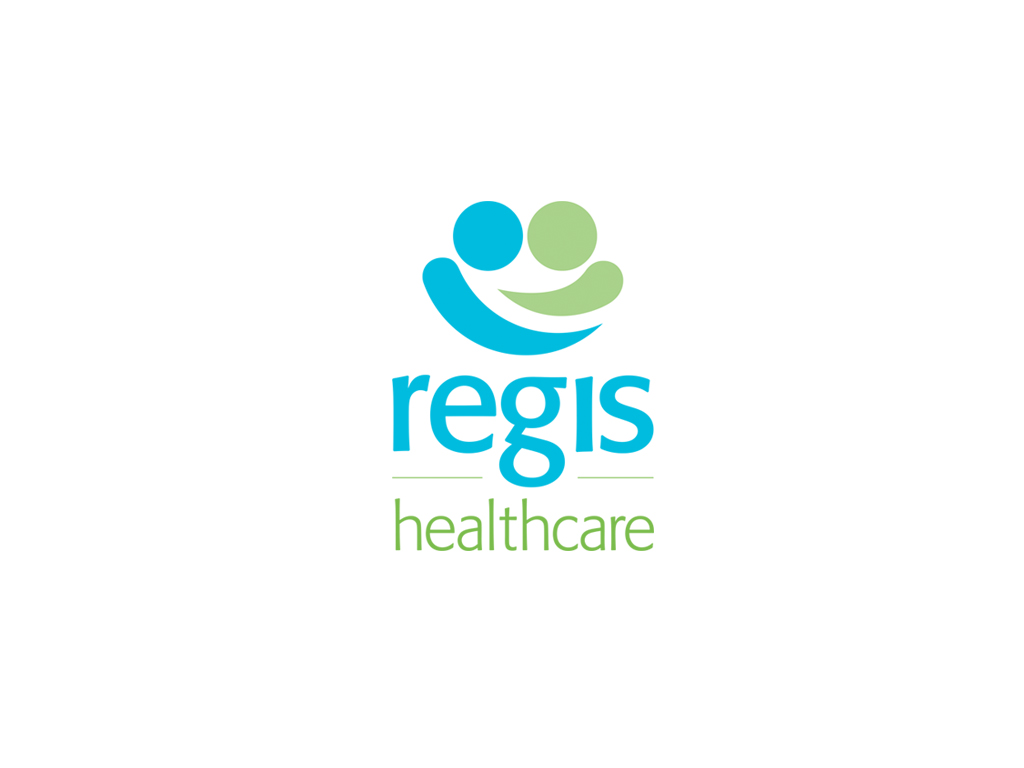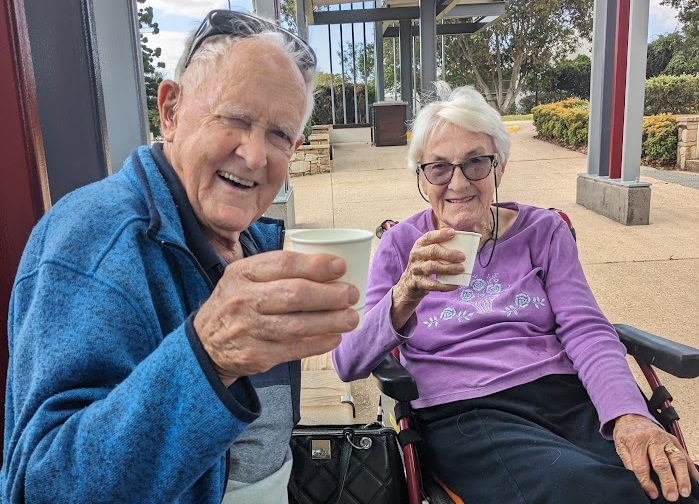
The next phase in the Digital Health Cooperative Research Centre’s (DHCRC) flagship Aged Care Data Compare project is commencing this month with large scale provider Regis Aged Care (Regis) and software supplier AutumnCare, to trial a prototype aged care quality indicator app.
The project will be led out of The University of Queensland (UQ) with the aim to trial and evaluate the app’s effectiveness as a potential quality benchmarking and reporting solution for the residential aged care sector.
The initial Aged Care Data Compare project built the foundations for quality reporting measures with the development of a HL7 Fast Healthcare Interoperability Resources (HL7 FHIR) data exchange specification; validation of 25 recommended quality indicators; and the creation of a secure data and analytics platform.
The project was identified in the Royal Commission into Aged Care Quality and Safety as an exemplar of the type of innovation required to help reform the aged care sector.
Known as ACDC Plus, this phase of the project will test the HL7 FHIR in Regis aged care homes as part of its existing quality improvement program. UQ will use HL7 FHIR to extract data from Regis clinical information system in a safe, reliable and efficient and to support the calculation of evidence-based quality indicators.
FHIR experts at CSIRO’s Australian e-Health Research Centre (AEHRC) will collaborate with UQ to develop the software that can be integrated into the existing clinical workflow to support the capture of quality indicators and the reuse of information using standards such as SMART and FHIR. AEHRC is one of Australia’s leading centres of excellence in the implementation of HL7 FHIR and will bring valuable subject matter expertise and enable skills transfer to the technical teams at both Regis and AutumnCare.
ACDC Plus will also trial the secure data and analytics platform (KeyPoint) – developed by the Centre for Health Services Research and collaborators (QCIF) and hosted by UQ – to seamlessly generate risk adjusted quality indicators and implement co-designed user dashboards that gives Regis’ care staff accurate information on the outcomes.
DHCRC CEO Annette Schmiede said the initiative comes at a critical juncture with Australia still lacking a truly transparent and consistent aged care quality benchmarking solution.
“The DHCRC is committed to supporting real innovation that brings tangible change to the aged care sector. ACDC was a mission critical project that garnered significant interest and widespread sector support. The implementation of a quality benchmarking tool will be a game-changer for providers, their staff and their residents. We’re thrilled to put these innovations into practice with an initial industry trial,” Ms Schmiede said.
Regis CEO and Managing Director Dr Linda Mellors said there was an urgent need to lift the bar on quality and safety in aged care and to provide easily accessible data for the purposes of understanding the outcomes of care.
“ACDC Plus will pave the way for the sector to demonstrate the value that evidence-based, risk adjusted and benchmarked quality indicators have on further improving the outcomes for residents in our care,” Dr Mellors said.
“This project uses contemporary digital standards to help care staff and providers capture and report the data required to generate quality indicators that are relevant and reliable. It will also help demonstrate the benefit of data standardisation and sharing in Australian residential aged care at a time when the sector lacks a national minimum data set.”
An Australian-first quality indicator app in aged care
All eyes will be on this project because of an Australian-first use of data exchange technology with the HL7 FHIR in aged care.
The app will incorporate the department’s National Aged Care Mandatory Quality Indicator program (QI Program) quality indicators and additional indicators identified by carers as enhancing care delivery to residents.
ACDC Plus will complement and align with the department’s effort to build a robust quality framework for Australian residential aged care.
UQ chief investigator, Professor Len Gray said: “ACDC Plus is an exciting opportunity to work collaboratively with industry to implement modern-day standards of data representation and exchange, and test to the use of quality indicators in care monitoring and improvement.
This project will act as a springboard for provider-led initiatives around care quality and will have important synergies with government policy and practice.”
AutumnCare Executive Chair and Founder Stuart Hope said this was a significant project that has the potential to be a benefit for all in the aged care sector in Australia.
“We are pleased to be working with a group of partners who are committed to embracing the innovation that this project will deliver,” Mr Hope said. “Our mission is to lead the market in innovative solutions for aged care and support good outcomes for residents, staff and families. We have a long track record of doing this by providing a great clinical solution that reflects best practice and good governance. We embrace the concept of data being entered once at source and used where needed. We welcome this collaboration with our partners across the sector so we can continually improve the way we respond to the needs of the industry.
“The project partners expect the findings from ACDC Plus will demonstrate the technical feasibility of capturing and reporting care quality in real time along with the benefits that such timely reporting will have in transforming the visibility of the care provided in care homes across Australia,” Ms Schmiede said.
The project commences this month and will run for two years with regular updates to be delivered to the aged care sector, industry and government.
For more information on this project, you can contact one of the lead partner organisations at:
Digital Health CRC – media@dhcrc.com
About Digital Health CRC
The Digital Health CRC connects government, academia and industry to accelerate the implementation and translation of evidence-based digital health technologies that solve the most pressing healthcare challenges.
We are co-funded through the Commonwealth Government’s Cooperative Research Centres (CRC)
Program, and by our Participant organisations. https://digitalhealthcrc.com/





